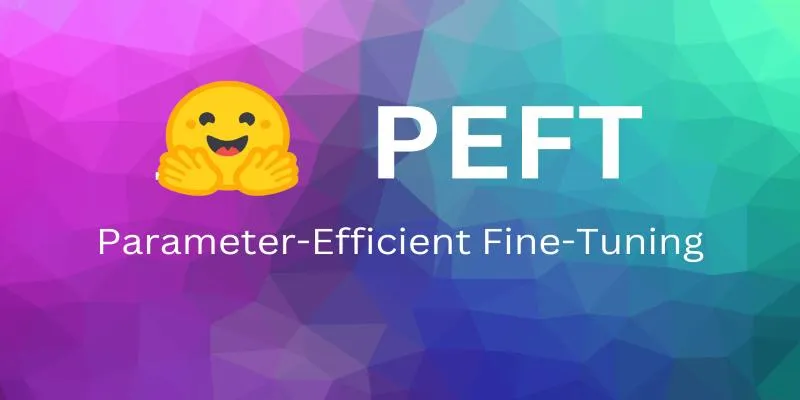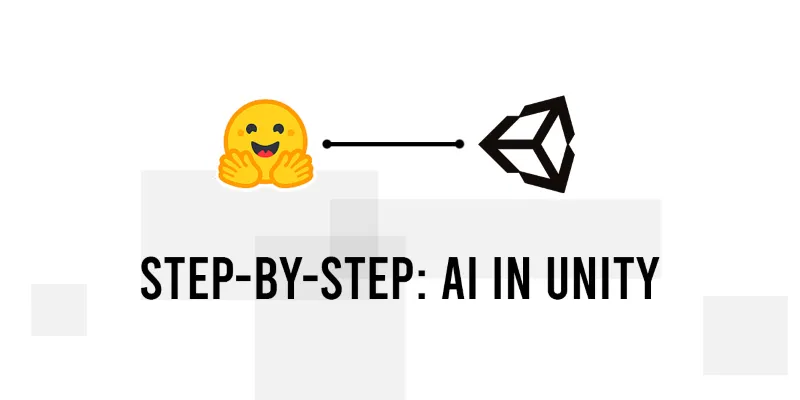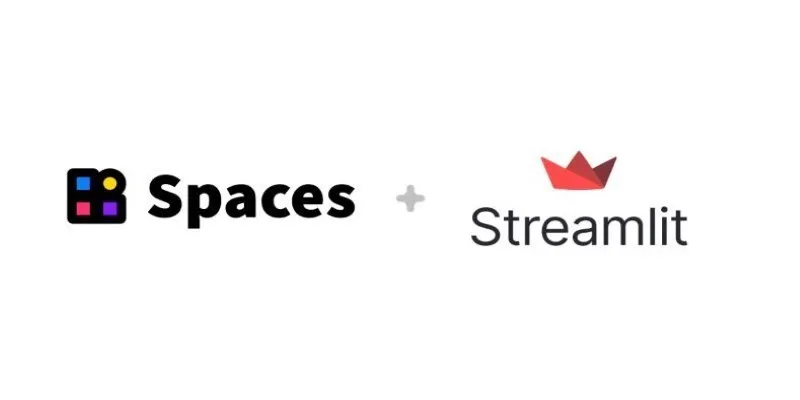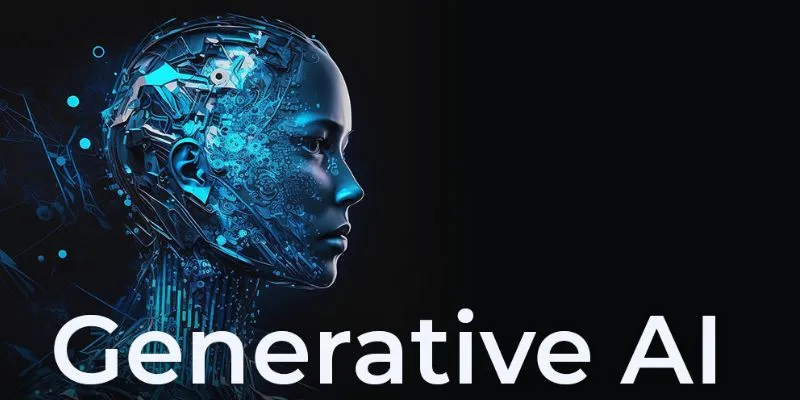Artificial Intelligence is no longer on the sidelines. It’s quietly shaping tools, guiding systems, and increasingly making decisions that affect our lives. Hugging Face, renowned for its open-source AI projects and collaborative ethos, recently responded to the NTIA’s call for comments on AI accountability. Their response? Direct, grounded, and technical—just what the situation demands.
Let’s delve into Hugging Face’s insights, beginning with their perspective on accountability in AI systems.
Hugging Face’s Vision for Accountable AI Development
Defining Accountability in Practice
Before policies are made, clarity is essential. Hugging Face defines accountability not as assigning blame post-harm, but as influencing the behavior of AI builders, deployers, and managers before issues arise. This involves creating processes that prevent problems rather than just offering apologies afterward.
They emphasize tracing responsibility throughout an AI’s lifecycle—from pre-training datasets to model deployment and updates. For instance, if a language model exhibits bias, Hugging Face argues that responsibility extends beyond the user. We must consider: who collected the data? Who fine-tuned the model? Who made deployment decisions? Every step matters.
The Importance of Documentation
While transparency is a common goal, structuring it can be challenging. Hugging Face not only advocates for transparency but also builds tools to support it, like their Model Card system.

In their NTIA comment, they advocate for documentation practices that are more than just checkboxes—they should be living tools. For example, they support:
- Model cards that describe intended use cases and known limitations.
- Data cards that document dataset creation purposes.
- Collection process descriptions detailing data collection methods and assumptions.
Hugging Face calls for consistent documentation standards, not to penalize noncompliance, but to set a baseline. If a model affects the real world, builders must clarify its capabilities and limitations.
Embracing Open Weights and Responsibility
A key debate in AI policy is openness. Some suggest closed models protect the public, while others argue openness allows for scrutiny and oversight. Hugging Face takes a clear stance: responsible openness is vital.
They underscore that open access to model weights enables researchers to audit behavior, test edge cases, and identify failures missed by single teams. However, they advocate for “gated access” in certain cases, where models are available with review or restrictions.
Through transparency, they argue, accountability grows, reducing reliance on private claims. Instead of saying, “trust us, the model is safe,” builders must demonstrate their work, making auditability practical.
Contextual Governance
Hugging Face emphasizes evaluation and oversight. They argue against one-size-fits-all governance, stating rules should vary based on application risk, such as a school chatbot versus a hospital triage system.

To address this, they support layered testing:
- Pre-deployment evaluation for safety, fairness, and robustness.
- Continuous monitoring to track behavior changes in new environments.
- Community reporting systems for users and researchers to report unexpected behavior.
They advocate for regulator involvement as facilitators, not blockers. Independent audits and structured disclosures support trustworthy scaling, unlike letting the loudest actors dominate.
Community Involvement as a Checkpoint
Hugging Face extends accountability beyond internal evaluation to community involvement. Through open forums, public input on model behavior, and decentralized research, they treat oversight as shared responsibility.
Users can submit issues or unexpected outputs through their platform, enabling early pattern identification. This isn’t an afterthought but a core maintenance element. In large-scale deployments, such feedback loops surface concerns faster than closed testing environments.
Hugging Face advises policymakers to value open ecosystems. Instead of confining models to black boxes, regulators should promote practices that keep feedback channels open and auditable. Participatory governance enhances progress by including diverse perspectives.
Final Thoughts
Hugging Face’s NTIA response underscores that accountability isn’t a destination—it’s a continuous, shared process integrated into every development step. They’re not seeking perfection but advocating practices that prevent unnoticed issues.
Their approach is neither alarmist nor defensive, but practical. By focusing on actionable steps for builders, researchers, and policymakers, they aim for AI systems that are safer, clearer, and more responsible by design. In a noisy landscape, such clarity stands out.
 zfn9
zfn9























